Get Support
+91 9123517774
When it comes to ocean shipping, today’s logistics teams face a near-unprecedented number of obstacles: rising geopolitical tensions, routine port bottlenecks, volatile pricing, and container shortages, just to name a few. A lot is at stake—ships drive 80% of all global trade—and amid rising dwell times, climate crises, and supply shortages, teams are scrambling to stay afloat. While the future remains uncertain, shippers can rise to the occasion by keeping a close eye on market movements. Along the way, they can also proactively tackle supply chain vulnerabilities by strengthening carrier relationships, embracing industry-leading technology, and negotiating competitive freight rates.


Visibility in Expedite Logistics
- To meet the expectations for successful time-critical logistics, there is an undeniable need for rapid, real-time visibility. Technology facilitates cooperation between carriers and 3PL teams, offering shippers an unprecedented, real-time view of their shipments. According to McKinsey, the trend toward enhancing visibility in the logistics industry is growing, with approximately 77% of shippers investing in these capabilities for their supply chain operations.
- an expedite carrier seamlessly integrates with their 3PL’s technology, offering shippers not just basic location updates but a detailed map of their shipment’s journey. This heightened visibility extends beyond mere tracking, providing insights into potential delays, optimized routes and accurate arrival predictions.
- Simultaneously, the diligent 3PL team tracks milestones, always prepared to assist carriers in overcoming challenges. The established trust in this seamless collaboration is evident to shippers and significantly contributes to the success of their shipments, showcasing the unwavering commitment and precision of both carriers and the 3PL team.
Key Considerations when Selecting a 3PL Partner
- A 3PL, also sometimes known as a TPL, is a third-party logistics provider. A 3PL helps your organization by providing expertise and best practices that can effectively integrate into your existing supply chain. 3PLs can specialize in various logistical areas and geographic regions.
- A 3PL brings with it an existing network of valuable carrier relationships as well as a clear understanding of how to optimize performance on given routes. That being the case, a 3PL's assistance is ideal for cost control, improving customer experience or expanding routes.
- Choosing a 3PL can be challenging, because there are so many factors involved in making sure you have selected the right one before you even begin to work together. Hard data should be the deciding factor in any new 3PL relationship. Any company that plans to provide freight services to you should be able to indicate the specific ways in which you stand to save money.


Looking Ahead: Global Logistics in 2024
The world economy in 2024 is expected to outperform previous projections according to Goldman Sachs Research, with worldwide GDP forecasted to expand to 2.6% next year. While some economists are optimistic about global economy recovery, the logistics sector may be slower to catch up. Many logistics professionals are predicting no growth in the first half of the year, and S&P Global’s 2024 outlook report states that supply chain resilience will remain important in 2024.
Conclusion
- A heightened focus on corporate sustainability goals and new regional regulations from the European Union (EU) is putting sustainability top of mind for many shippers and carriers heading into the new year.
Many ocean carriers have already made progress towards more sustainable shipping, including using slow steaming to meet emissions standards like the 2023 IMO GHG Strategy and introducing a variety of different biofuels such as ammonia, methanol, and recycled cooking oil. However, the new requirements from the EU could lead carriers to adjust schedules, implement surcharges, or make other changes to meet their sustainability goals, and this would inevitably impact shippers.
Reference : Global Logistics in 2024


